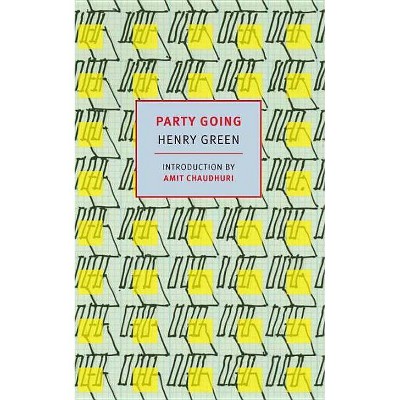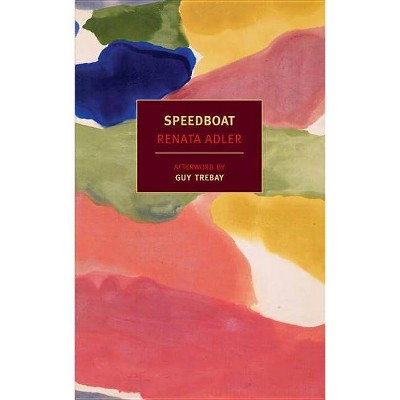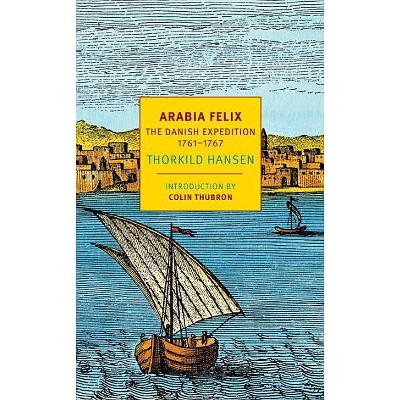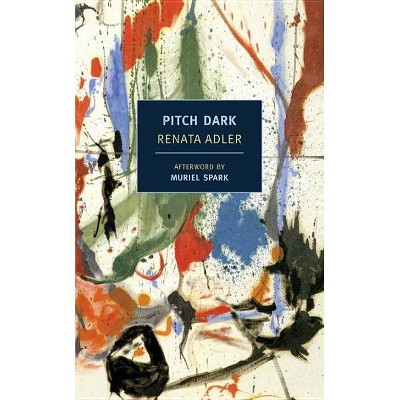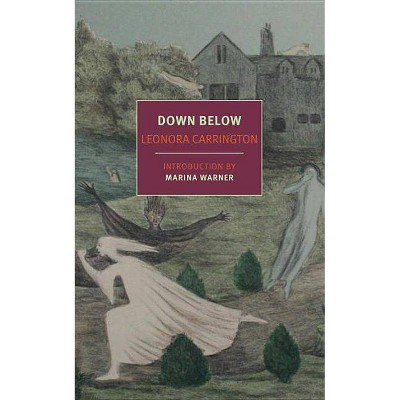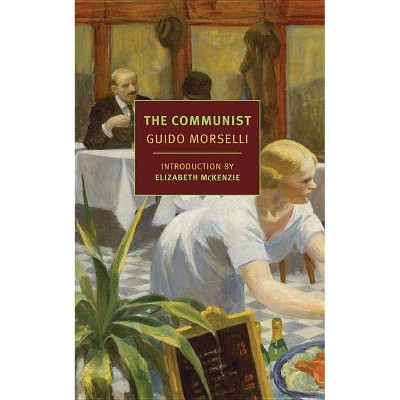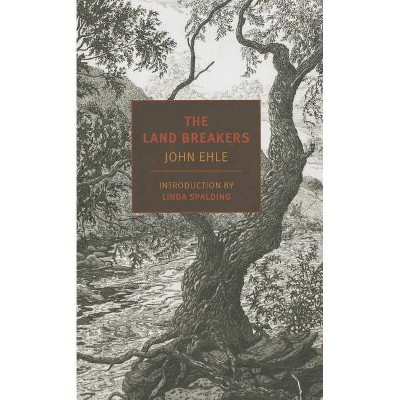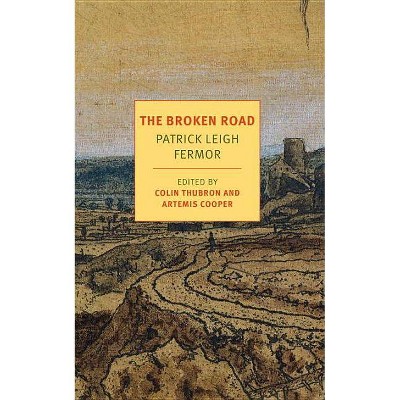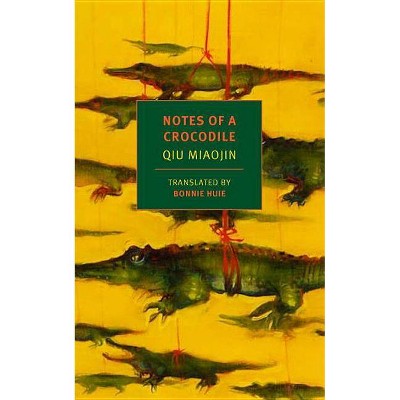Living - (Nyrb Classics) by Henry Green (Paperback)
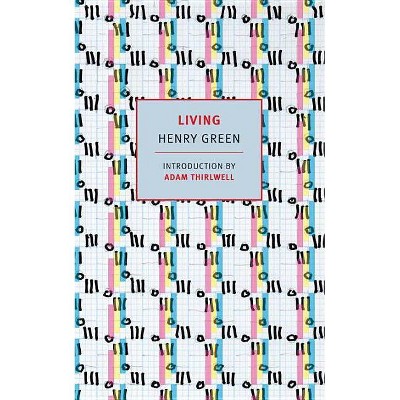
Similar Products
Products of same category from the store
AllProduct info
<p/><br></br><p><b> Book Synopsis </b></p></br></br><b>A timeless work of social satire, set in the 1920s and considered one of the most insightful Modernist depictions of England's working class</b><i> <p/>Living</i> is a book about life in a factory town and the operations of a factory, from the workers on the floor to the boss in his office. The town is Birmingham and the factory is an iron foundry, like the one that Henry Green worked in for some time in the 1920s after dropping out of Oxford, and the stories--courtships, layoffs, getting dinner on the table, going to the pub, death--are all the ordinary stuff of life. The style, however, is pure Henry Green, at once starkly constrained and wildly streaked with the expedients and eccentricities of everyday speech--cliché and innuendo, clashing metaphors, slips of tongue--which is to say it is like nothing else. Epic and antic, <i>Living</i> is a book of exact observation and deep tenderness, the work, in Rosamond Lehmann's words, of an "amorous and austere voluptuary" whose work continues to transform the novel.<p/><br></br><p><b> Review Quotes </b></p></br></br><br><i>Living</i> was published in 1929 when Green was only twenty-four. It is of his books the most redolent of ambition. Its canvas is wide, its cast large, its design intricate, its tone epic and celebrative...In this novel his mature style is invented and employed with a vengeance...His attempt is the customary avant-garde one, to 'make it new, ' in Pound's phrase, to redeem language from the unfelt smoothness of usage." --John Updike <p/>"Green's emphasis on surface, on texture, represents a new moment in the history of the novel."<br> --from the introduction by Adam Thirlwell <p/>"<i>Living</i> is a book about how people really live: their hopes, but also their compromises and defeats." --Jeremy Treglown <p/> "The best novel of working-class factory life we have." --Walter Allen <p/> "<i>Living</i> introduced a whole school of proletarian literature, and yet remains apart from, and superior to, any of its followers." --<i>The Times Literary Supplement</i> <p/> "<i>Living</i>, without underplaying the grimness of their lives...celebrates the clashes between the workers and their manager.... <i>Living</i> often has a surprising force, giving the characters a simple, massive dignity. The density of the novel is formidable. It achieves an epic tone without epic proportions." --Christopher Porterfield, <i>Harper's Magazine</i> <p/> "[Green] seemed to have redrawn the familiar triangle between reader, writer and character, so that you somehow had the impression that you knew his characters better than he himself did.... [CE1] The inner shape of the novel...imitates our experience of living: it promises pattern, then withholds it, insisting on a formless banality; it describes intensity, but as part of a grudgingly accepted monotony; it glimpses poetry, but only from the corner of its eye." --Sebastian Falks, <i>The Guardian</i> <p/> "The best proletarian novel ever written." --Christopher Isherwood <p/> "Green was a novelist of such rarity, such marvelous originality, intuition, sensuality, and finish, that every fragment of his work is precious." --John Updike <p/> "<i>Living</i>...dealt with workingmen, and it evokes the stark life of the workers with a strenuous, pared-down prose in which all definite articles are omitted.... <i>Living</i> contains some passages of extraordinary beauty." --Brooke Allen, <i>The Guardian</i> <p/> [CE1]edit for sense<br><p/><br></br><p><b> About the Author </b></p></br></br><b>Henry Green</b> (1905-1973) was the pen name of Henry Vincent Yorke. Born near Tewkesbury in Gloucestershire, England, he was educated at Eton and Oxford and went on to become the managing director of his family's engineering business, writing novels in his spare time. His first novel, <i>Blindness</i> (1926), was written while he was at Oxford. He married in 1929 and had one son, and during the Second World War served in the Auxiliary Fire Service. Between 1926 and 1952 he wrote nine novels--<i>Blindness</i>, <i>Living</i>, <i>Party Going</i>, <i>Caught</i>, <i>Loving</i>, <i>Back</i>, <i>Concluding</i>, <i>Nothing</i>, and <i>Doting</i>--and a memoir, <i>Pack My Bag</i>. <p/> <b>Adam Thirlwell</b> is the author of three novels, <i>Politics</i>, <i>The Escape</i>, and <i>Lurid & Cute</i>; a novella, <i>Kapow!</i>; an essay-book, <i>The Delighted States</i>, winner of a Somerset Maugham Award; and a compendium of translations edited for <i>McSweeney</i>'s. He has twice been selected as one of <i>Granta</i>'s Best of Young British Novelists, and was the recipient of the E.M. Forster Award from the American Academy of Arts and Letters in 2015.
Price History
Cheapest price in the interval: 13.99 on November 6, 2021
Most expensive price in the interval: 13.99 on February 4, 2022
Price Archive shows prices from various stores, lets you see history and find the cheapest. There is no actual sale on the website. For all support, inquiry and suggestion messages communication@pricearchive.us
